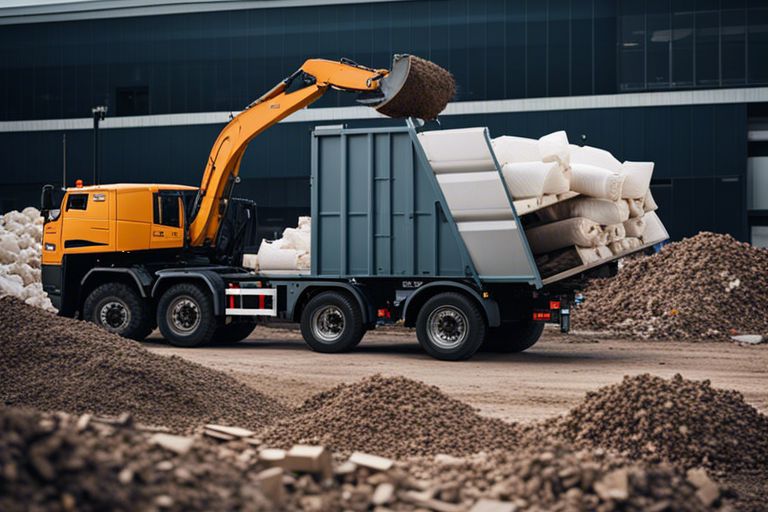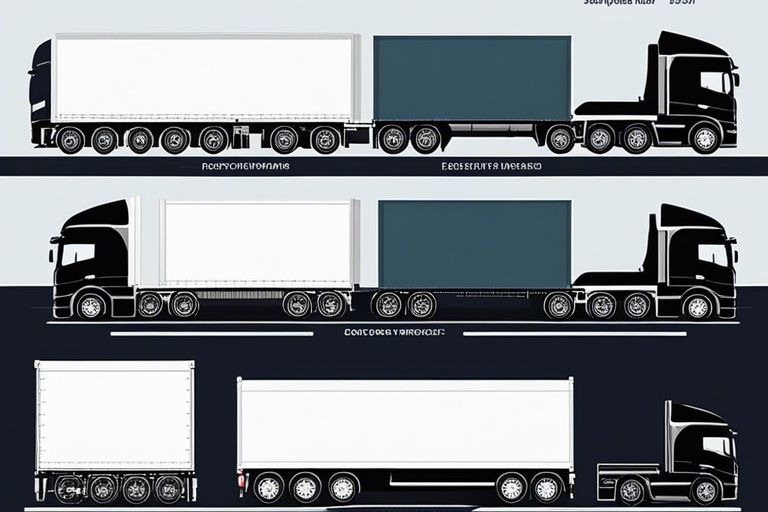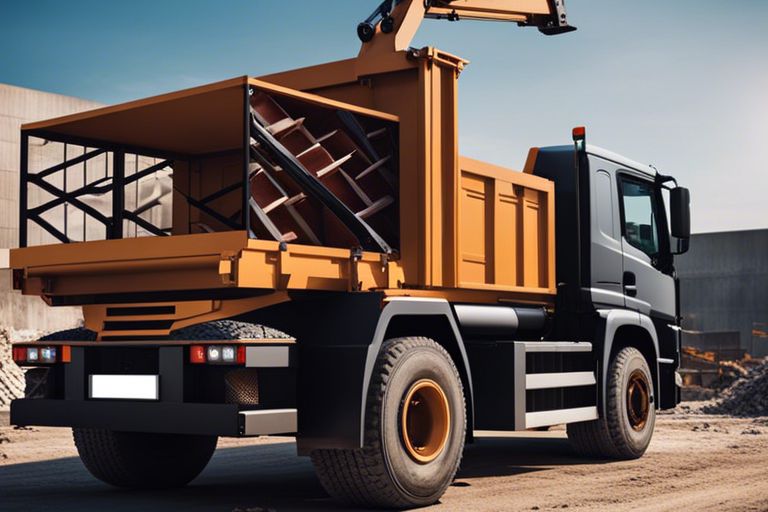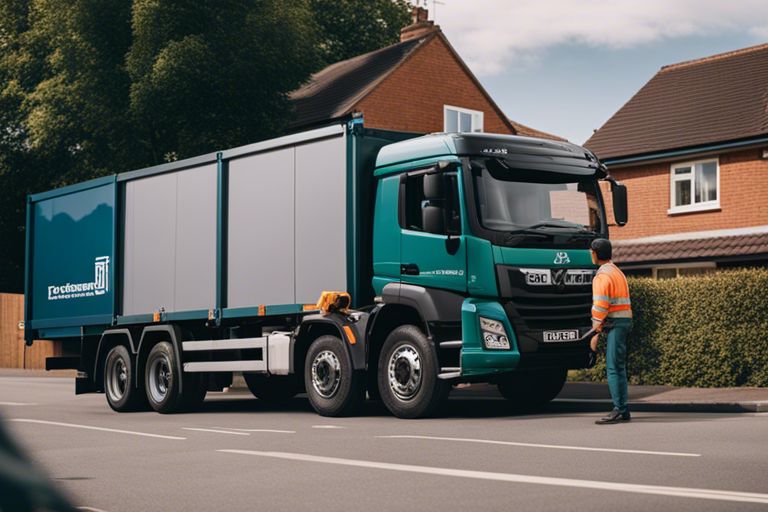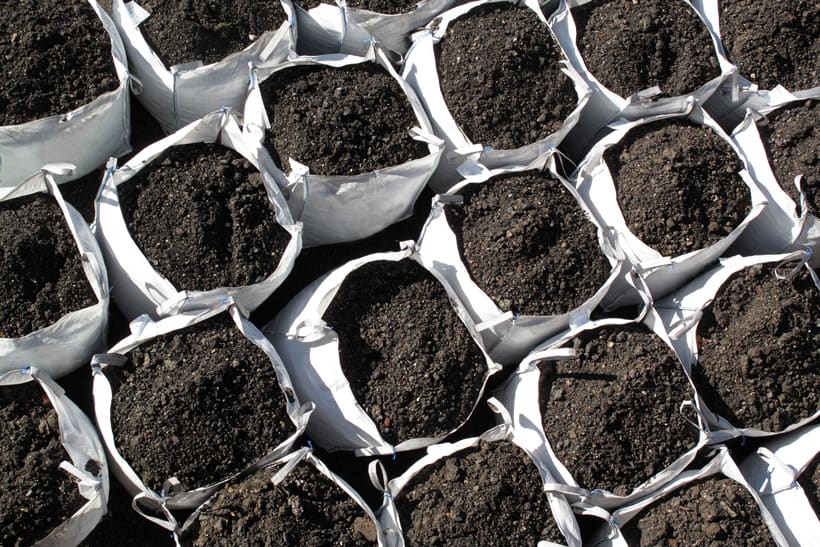Demolition is a complex and arduous task that involves much more than just tearing down a building. Many people underestimate the dangers and intricacies involved in the demolition process, which can lead to serious consequences if not properly understood. In this blog post, you will gain a comprehensive understanding of what demolition truly entails, from the various methods and equipment used to the safety precautions necessary for a successful demolition project. By the end of this read, you will have a newfound appreciation for the skill and expertise required for the demolition industry.
Demolition in Context
When it comes to demolition, it’s important to understand the broader context in which this activity takes place. Demolition is not just about tearing down a building or structure; it involves a range of technical, environmental, and legal considerations that must be carefully managed to ensure the safety of workers, the public, and the surrounding environment.
Historical Perspectives on Demolition
Historically, demolition has been a common practice dating back to ancient civilisations. Whether it was making way for new construction, expanding urban areas, or responding to natural disasters, the need to demolish structures has been a constant throughout human history. However, early demolition methods were often crude and lacked the safety measures and environmental considerations that are now integral to the process.
Contemporary Demolition Practices
Today, demolition practices have evolved significantly to incorporate strict safety protocols, environmental impact assessments, and advanced techniques for dismantling structures. The use of heavy machinery, explosives, and cutting-edge technologies has made demolition more efficient and precise. However, despite these advancements, it’s important to recognise the potential dangers and environmental impact associated with modern demolition practices.
The Technical Aspects of Demolition
When it comes to the technical aspects of demolition, there’s a lot more to it than just swinging a wrecking ball. Demolition is a highly specialized field, involving a range of equipment, techniques, and regulations to ensure a safe and efficient process. If you’re considering a demolition project, it’s important to understand the key technical elements involved.
For more information, check out 2023 Synonym For Disposal the fix.
Methods of Demolition
Demolition can be carried out using various methods, each suited to different types of structures and environments. These methods may include implosion, crane and ball, selective demolition, and deconstruction. Each method has its own set of advantages and challenges, so it’s crucial to choose the right approach for your specific project. Understanding the pros and cons of each method is essential to ensure a successful demolition process.
Safety Measures and Regulations
When it comes to demolition, safety is paramount. Demolition sites can be hazardous environments, and strict safety measures and regulations must be adhered to at all times. This includes proper training for personnel, the use of personal protective equipment, and compliance with local regulations. By ensuring that safety measures and regulations are followed, you can protect yourself, your team, and the surrounding community from potential harm.
Demolition and Sustainable Development
When you think of demolition, you might not immediately associate it with sustainable development. However, the process of demolition can contribute to sustainable development in several ways. Demolition involves the careful dismantling and disposal of structures, which can have a significant impact on the environment. By understanding the implications of demolition, you can make informed decisions on how to approach demolition projects and contribute to sustainable development. To learn more about demolition, visit Demolition.
Recycling Materials and Waste Management
Demolition projects provide an opportunity to recycle materials and effectively manage waste. When you demolish a structure, you are left with a variety of materials, such as concrete, steel, and wood. These materials can be salvaged and recycled for use in other construction projects, reducing the demand for new resources. Additionally, implementing proper waste management practices during demolition ensures that hazardous materials are safely disposed of, minimising environmental impact.
The Role of Demolition in Urban Renewal
Demolition plays a crucial role in urban renewal by clearing space for new development and revitalising communities. When outdated or dilapidated structures are demolished, it paves the way for new infrastructure, creating opportunities for growth and progress. Urban renewal projects often involve careful planning and consideration of the community’s needs, and demolition is a key aspect of transforming urban landscapes. However, it is important to approach demolition with caution and adhere to strict safety regulations to mitigate potential risks to the surrounding environment and the community.
The Economic and Social Implications of Demolition
When it comes to demolition, the implications go beyond the physical act of bringing down a structure. Demolition has far-reaching economic and social impacts that are important to consider. According to the Cambridge Dictionary, demolition is “the act of completely removing a building, especially because it is old or dangerous”.
Cost Considerations in Demolition Projects
Demolition projects come with significant cost considerations. The process of demolition itself, as well as the disposal of debris and any necessary remediation of the site, can all add up. It’s crucial to carefully plan and budget for these expenses to ensure that your project stays on track. Additionally, unexpected challenges can arise during demolition, leading to unforeseen costs. It’s important to be prepared for these possibilities.
Demolition Impact on Communities
Demolition can have a profound impact on the communities in which it occurs. While it may be necessary for progress and development, the sight of buildings being torn down can be unsettling for residents. Additionally, there may be concerns about noise, dust, and potential hazards during the demolition process. However, demolition can also bring about positive changes, such as the revitalization of urban areas and the creation of new opportunities for growth and development.
Decoding Demolition Meanings – What Does Demolition Really Entail?
Taking this into account, it’s clear that demolition is a complex and intricate process that involves careful planning, skilled workmanship, and strict adherence to safety regulations. From the initial assessment and surveying of the site to the actual demolition and removal of debris, every step must be executed with precision and expertise. Whether you’re a property owner considering demolition or a professional in the construction industry, understanding the true implications of demolition is crucial in ensuring a successful and safe outcome. With the right knowledge and resources, you can navigate the process of demolition with confidence and clarity.
Decoding Demolition Meanings – What Does Demolition Really Entail?
Q: What is demolition?
A: Demolition is the process of tearing down or destroying a structure, building, or other man-made object. It can be done for various reasons, such as clearing a site for new construction, removing hazardous materials, or simply to make way for something new.
Q: What are the different methods of demolition?
A: The methods of demolition include implosion, where a structure is brought down using explosives; deconstruction, which involves carefully disassembling a structure to salvage materials; and mechanical demolition, using heavy machinery to dismantle a structure piece by piece.
Q: What are the legal requirements for demolition?
A: Legal requirements for demolition vary by location, but typically involve obtaining permits, notifying local authorities, and ensuring compliance with health and safety regulations. It may also be necessary to conduct environmental assessments and properly dispose of hazardous materials.
Q: What are the main considerations for a successful demolition project?
A: Successful demolition projects require thorough planning, including assessing the structure’s condition, determining the most suitable method of demolition, coordinating with relevant authorities, and ensuring the safety of workers and the surrounding environment.
Q: What are the potential risks and hazards associated with demolition?
A: Risks and hazards associated with demolition include structural collapse, exposure to hazardous materials such as asbestos and lead, airborne dust and debris, noise pollution, and the potential impact on surrounding structures and utilities.
Q: How can I ensure a demolition project is carried out responsibly and sustainably?
A: Responsible and sustainable demolition practices involve minimizing waste and environmental impact, maximizing the reuse and recycling of materials, safely removing hazardous substances, and adhering to industry best practices and regulations.
Q: What are the benefits of professional demolition services?
A: Professional demolition services offer expertise in assessing structures, complying with legal requirements, ensuring safety and environmental responsibility, and efficiently executing demolition projects. They also provide access to specialized equipment and trained personnel for the job.


